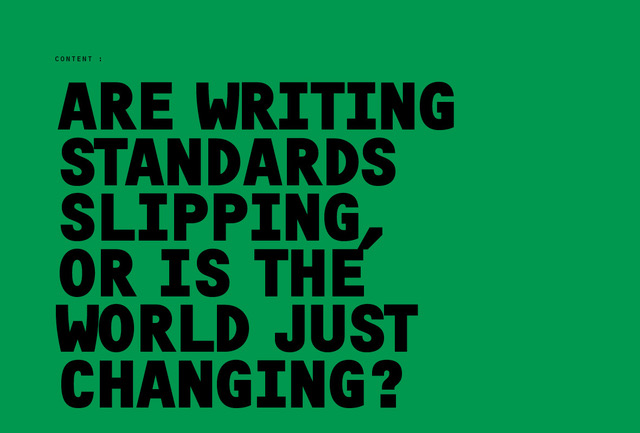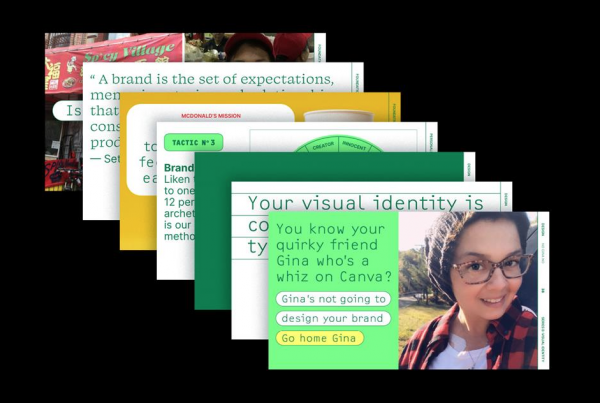
For some time now, we’ve been delivering writing workshops for in-house corporate and public audiences.
The scope here is huge. That’s why our writing workshops range from storytelling for marketers to email basics for anyone and high-level reporting for executives. Original workbooks, infographics and supporting materials support the workshops, plus follow-up as needed.
Meanwhile, our writing workshop clients include government agencies, think tanks, engineering firms, accounting firms, universities and banks. And let’s not ignore the wonderful Centre for Continuing Education at The University of Sydney, which we have a decade-plus long relationship with.
So, why are we all fired about about our writing workshops, and why right now? Well, writing is usually the first point of contact made by corporations and governments. Transparency is a major issue, and this can be achieved quite easily using simpler, more approachable language. But it can be buried just as easily, using jargon and corporate waffle. (Don’t even get us started on emojis and millennial slang).
Yup. It’s a nice time to be passionate about great communications, a service we’ve always been proud to offer.
That their parents, high school teachers and university lecturers told them they sounded smarter by using the longer word. Those longer words usually lead to trickier sentences, and then they’re sounding as approachable as a 16th-century mathematician.
Global talent-flows and language
The other reason we’re getting so many requests to deliver writing workshops is actually quite exciting, socially speaking. You see, as societies around the world become less hierarchical, more people from different personal, ethnic, social and professional backgrounds are moving up and around the corporate ladder.
Each has their own communication style, supplemented with habits picked up from different colleagues and managers. Some of these habits are good, others bad and many inconsistent. When this happens, businesses find they need to give their people a solid knowledge base – usually in the form of writing workshops.
Yup. It’s a nice time to be passionate about great communications, a service we’ve always been proud to offer.
[/vc_column_text][/vc_column][/vc_row]We think there are two broad reasons why some people aren’t writing as well as they should be.
Do big words make you sound smarter?
The first reason is that we’re not really taught it in the first place. In almost every writing workshop, we’re encouraging participants to choose the simpler word (‘use’ instead of ‘utilise’, or ‘support’ instead of ‘augment’). And each time, we have people telling us they were taught to do the opposite.
That their parents, high school teachers and university lecturers told them they sounded smarter by using the longer word. Those longer words usually lead to trickier sentences, and then they’re sounding as approachable as a 16th-century mathematician.
Global talent-flows and language
The other reason we’re getting so many requests to deliver writing workshops is actually quite exciting, socially speaking. You see, as societies around the world become less hierarchical, more people from different personal, ethnic, social and professional backgrounds are moving up and around the corporate ladder.
Each has their own communication style, supplemented with habits picked up from different colleagues and managers. Some of these habits are good, others bad and many inconsistent. When this happens, businesses find they need to give their people a solid knowledge base – usually in the form of writing workshops.
Yup. It’s a nice time to be passionate about great communications, a service we’ve always been proud to offer.
[/vc_column_text][/vc_column][/vc_row]

